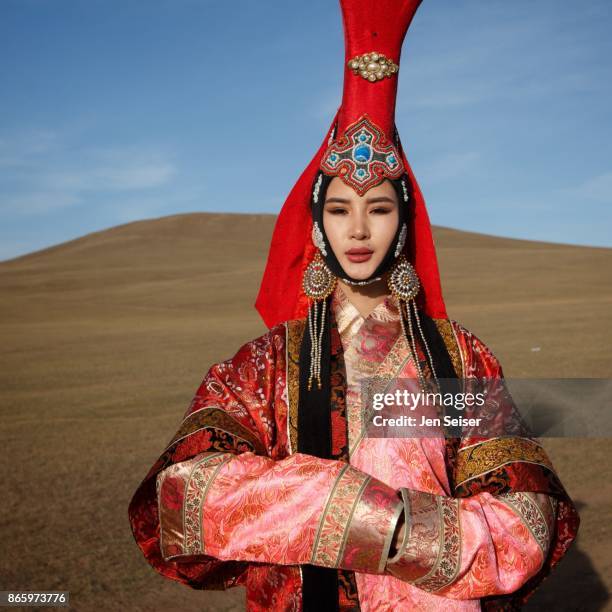Queshire
 Istar
Istar
The rough deal for the Dwarves I talked about in the last Narnia book. They wind up in the heaven equivalent with the others, but instead of being able to see it they're stuck in a shack with the illusion that it's the afterlife of their choice with all the others just tut-tutting that it's such a shame.


 Minstrel
Minstrel



 Myth Weaver
Myth Weaver